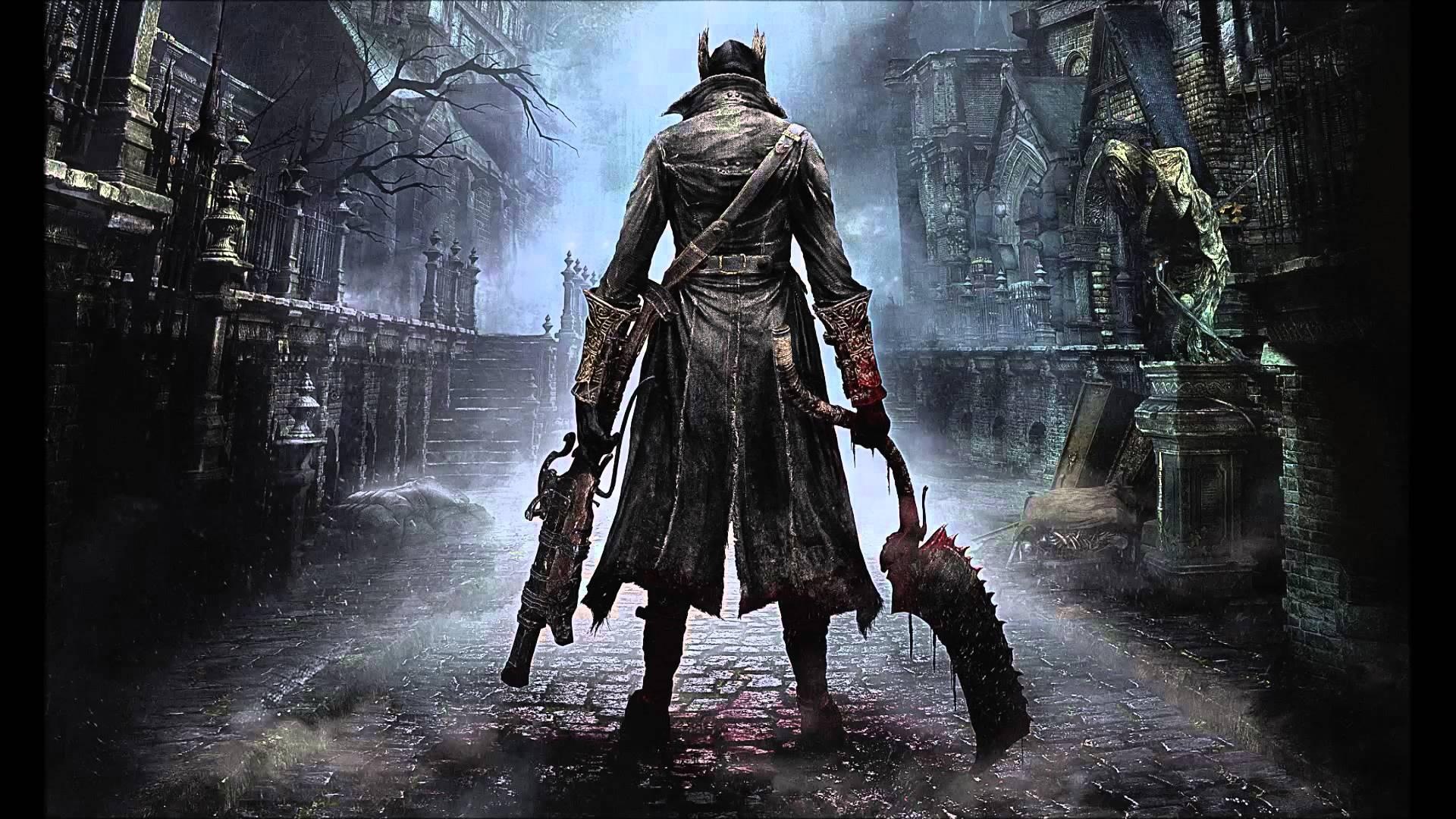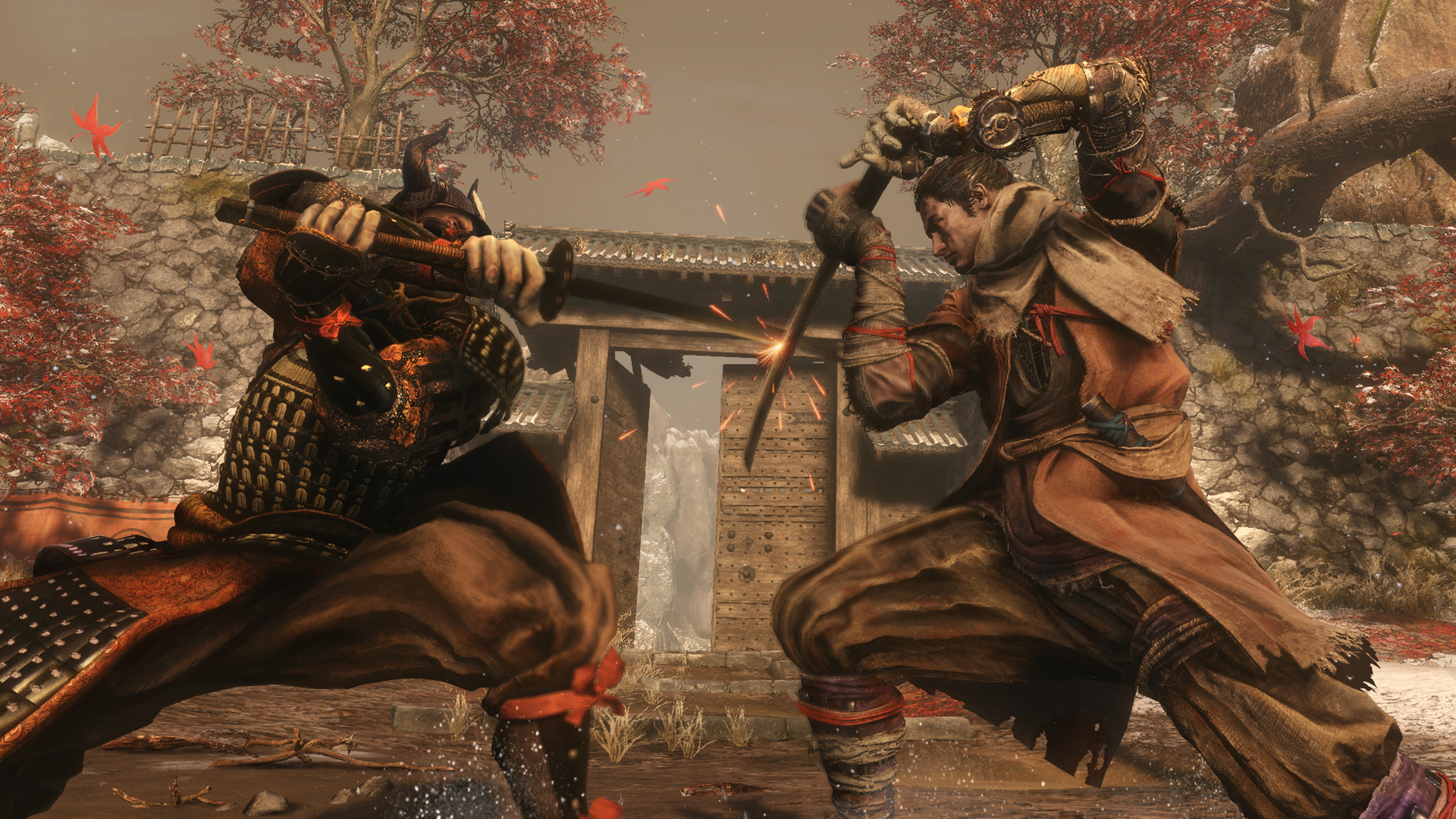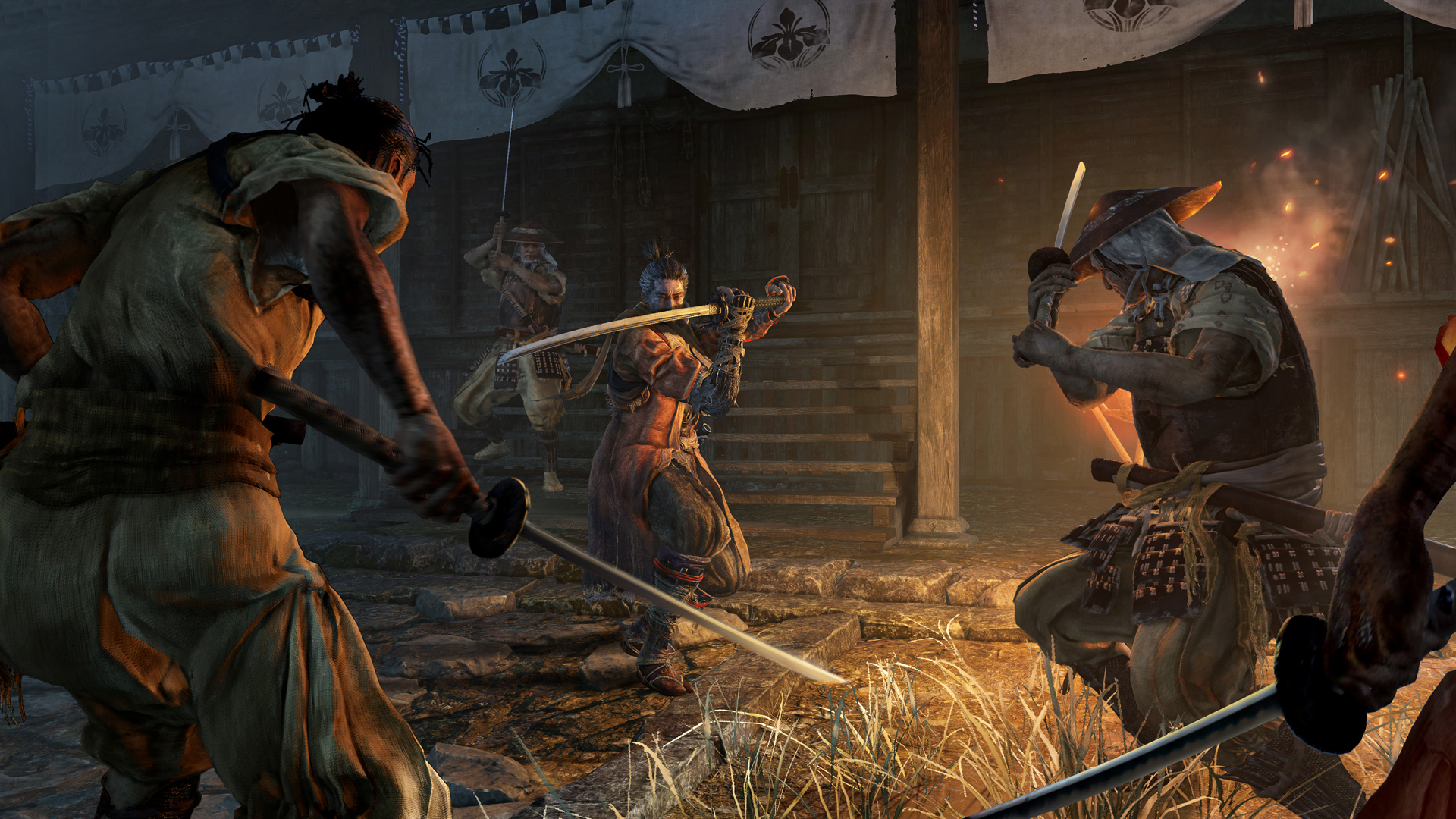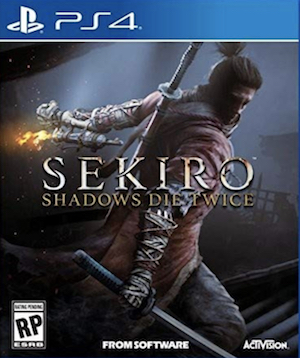
FromSoftware have made an artform out of making brutally challenging games. At a time when it seemed like the market was moving more and more towards “casualization” – the dirtiest word in the industry – From came along with Demon’s Souls, a game that revelled in how difficult it was and gave no quarter to its players, expecting them to master its systems and mechanics to be able to get through even the smallest of challenges.
The game caught on in popularity like wildfire, and the rest was history. Along came Dark Souls, Dark Souls 2, Bloodborne, and Dark Souls 3, one after the other, presenting experiences that provided challenges the likes of which the industry had forgotten it could deliver. Though there were some missteps here and there, From’s games have been considered widely to be the perfect examples of games that are hard, but reasonably so, and not just for the sake of it.
Their latest game, however, seems to really taken things a step further. Sekiro: Shadows Die Twice is very different from the games we’ve come to expect from FromSoftware over the past decade in many respects, but insofar as its difficulty is concerned, it’s cut very much from the same cloth as its quasi-predecessors. Sekiro expects players to come to terms with its fast combat and master it to perfection, and only if you’ve done so as thoroughly as you possibly can will you get to the end (unless you just somehow manage to stumble your way through, which seems very unlikely).
Not only does Sekiro expect you to pay attention to the way your enemies are moving and learn their attack patterns, it wants you to do so at breakneck speed, while the most gruesome of its encounters seem to be reliant on parrying attacks with perfect timing within a split second window. More importantly, however, it challenges Souls veterans to forget everything that a decade of FromSoftware games have taught them and instead approach combat in completely different ways- ignore your reflexes, your muscle memory, and start from scratch. Grinding is also much less a viable option than it was before, and while you can still brute force your way through encounters, that’s not even close to being as likely to succeed as it would in a Souls game. Plus it removes the cushion of falling back on co-op like you could in Soulsborne, since Sekiro is a purely solo game. It’s brutally unforgiving, and demands absolute mastery every step of the way.
The effect it achieves is spectacular– but Sekiro’s difficulty has sparked a debate that’s become more widely discussed than it ever has been before. Is FromSoftware’s insistence on presenting players with seemingly insurmountable challenges misguided? Is the studio’s philosophy of making no compromises with its games’ difficulty getting in the way of accessibility- and more importantly, of fun? Does Sekiro, goes the argument, need an easy mode?
No. No, it doesn’t.
While the thought behind the argument of accessibility is one that comes from a great place, I feel like the argument itself is misplaced in this particular case. There’s not a single reasonable person in the world who would argue against accessibility. Games, movies, film- take whatever entertainment medium you want, the very point of them is, well… entertainment. They’re meant to not be exclusionary, to bring everyone in for the purposes of entertaining stimulation. To say that a game is good because it only wants a very small audience to enjoy it would kind of be missing the point.
But Sekiro isn’t exclusionary- not really. The game isn’t designed around frustrating its players and weeding out those who cannot tolerate or handle a challenge. Sure, that’s a byproduct of its design, but it would be foolish to think that that was the creators’ intent. The reason that the argument for accessibility doesn’t work against Sekiro, then, is complex. To begin with, in games – as in any art form – one of the most important building blocks of the final product that we get in our hands is creative vision.
Hidetaka Miyazaki and FromSoftware had a very particular vision of what they wanted Sekiro: Shadows Die Twice to be. The art design, the music, the narrative, the level design, and a plethora of other things were woven together to execute that vision, and clearly, the game’s challenging nature was part of that vision. This is the game that Miyazaki and his team wanted to make. They felt – and felt very strongly – that an integral part of the experience was surmounting insurmountable challenges on a constant basis, and getting to grips with the game’s mechanics to go from fumbling mess who dies a lot at the beginning, to master swordsman who can parry and strike like veteran shinobi by the end. “Pride and accomplishment” done right, essentially.
That’s always been a driving force behind games made by FromSoftware, and so it is with Sekiro as well. A studio making games in the style that it has been making them for years – and doing so with great success, at that – is hardly anything it can be blamed for.
There’s also the fact that that challenging nature very much seems to be the point of Sekiro, which ties in with Miyazaki and From’s creative vision for the game. And sure, it’s true that “that’s the point” or “you just don’t get it” or “maybe it just isn’t for you” are all phrases that can be thrown around in any discussion- but with Sekiro, its difficulty really is the point. It’s the game’s driving force, it’s the thing that, ironically enough, keeps players going. Because while there are many that may have gotten frustrated and given up on Sekiro at various stages because of how hard it was, the fact remains that the vast, vast majority of players who stuck with it did so because they were chasing that high- that high of coming up against a boss, or a particularly tough group of enemies, of standing in the face of an immense challenge, and coming out victorious on sheer skill and nothing else.
That adrenaline, that swelling satisfaction is the foundation of Sekiro, and to suggest that the game should have a mode that lowers the difficult would be counterintuitive. You might say that it’s just an “option”, and that having more options never hurt anybody- and sure, that’s true in most cases. But having an option for easier difficulty in Sekiro would be entirely different from having that option in, say, single player games or any other game, for that matter. Let’s say a players knocks down Sekiro’s difficulty and plays through it- their experience will be significantly reduced. The creator’s intent, the creative vision, all those things we just talked about- all of that would get compromised.
If a player wants to play The Legend of Zelda: Breath of the Wild, but isn’t a fan of open world design and would rather go for a directed, linear experience, would it be okay for the game to give them the option to do so? If someone wants to play Metal Gear Solid 4 but only wants to do it for the gameplay and doesn’t care about the story or the cutscenes, should the game cater to their demands and give them an alternative where there are no cutscenes, or where cutscenes are significantly abridged? If I wanted to play Destiny but only wanted a pure first person shooter and didn’t care about the loot, would it make any sense for me to demand an option to turn off the “loot” elements of the “looter shooter”?
Sure, those games could add those options just as, well, “options”. But that would very much be going against the point of what those experiences are supposed to be. Breath of the Wild without its sandbox exploration, Metal Gear Solid 4 without its feature length cutscenes, Destiny without loot- that doesn’t sound like a lot of fun, does it?
So no, Sekiro isn’t intentionally exclusionary. It isn’t an elitist experience that haughtily turns away those who cannot display utter mastery and skill. It’s built on a vision, and it executes its vision very well. Its challenge isn’t designed to “cull the weak”- it’s challenge is what it is. Sekiro could exist without its difficulty, sure- functionally speaking, at least. But would you want that neutered experience that compromises on its vision for a misguided attempt at accessibility? I don’t think so.
Note: The views expressed in this article are those of the author and do not necessarily represent the views of, and should not be attributed to, GamingBolt as an organization.



















